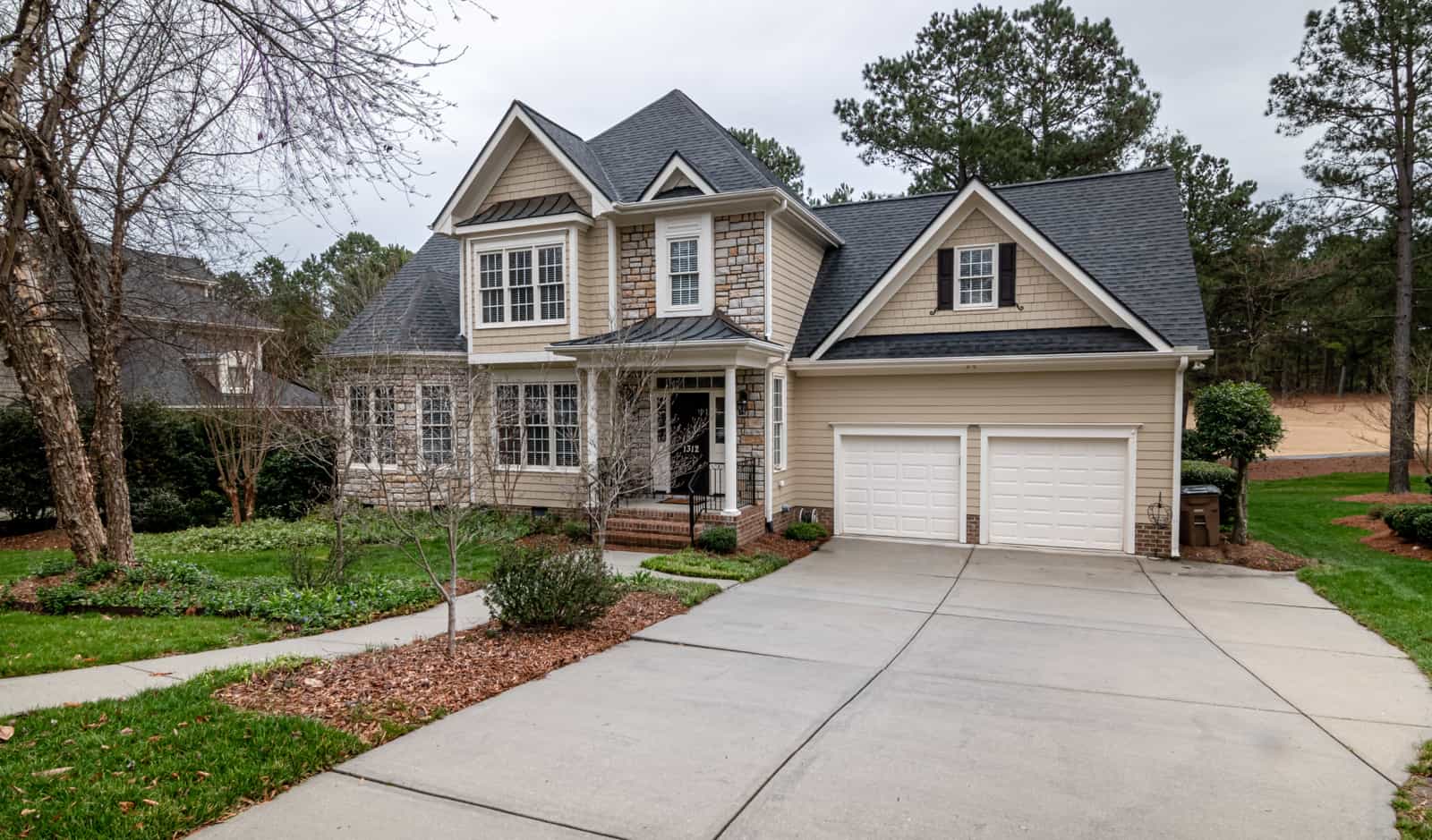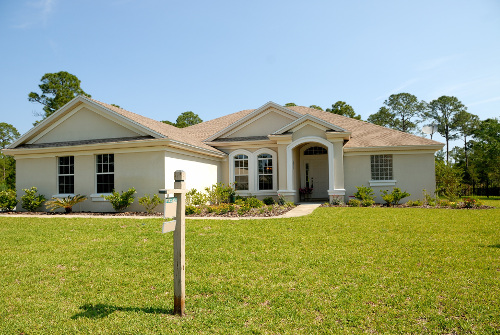GET IN TOUCH
Please contact us for more information. Our email is monitored seven days a week and we will get back to you shortly.

In BC, most will-writers should expect to have their will go through the probate process. This is a process where the courts verify that the will is real and legally valid. When a will goes through probate, the estate must pay approximately 1.4% of the entire estate’s value in probate fees. Many will writers want to minimize this fee to ensure the largest possible estate is left for loved ones. Unfortunately, avoiding probate isn’t an option as it is a requirement of most wills administered in BC. In general, if your estate has a value of more than $25,000, the will is required to go through probate. For full details on when probate is required, visit our page on estate administration.
Even when probate is required, there are ways to minimize the amount that must be paid in probate fees, increasing value for your beneficiaries. One of the most common strategies is keeping assets away from the estate – any assets that are not part of the estate and will are not subject to probate fees.
After retiring and preparing for the remainder of one’s life, some people recognize that they have more than enough money to support themselves. When this happens, it’s often wise to begin gift-giving before one’s death (inter-vivos gifts). Since the gift will not be in the testator’s possession, it won’t be part of their estate or will which ultimately minimizes the probate fees for the entire estate. Further, inter-vivos gift giving can have a number of benefits – for a full list, read our blog on the benefits of giving gifts before death.
Similar to gift-giving, inter-vivos trust accounts can be made to give assets in a more controlled manner. With a trust account, an appointed trustee holds the assets for the use of a named beneficiary. As the trust creator you can specify terms stating when the beneficiary is able to withdraw/use the contents of the trust. Like gift-giving, you are losing ownership of the asset, and therefore the asset will not be subject to probate. A common trust account made for this purpose is the spousal trust. For more information, read our blog on the spousal trust.

In some cases, it’s wise to prepare two wills – one for probate assets and one for non-probate assets. Not all assets are required to go through probate. Generally speaking, a probate asset is one that requires legal authority certifying the executor access to the asset. By having two wills, the non-probate will is administered avoiding the probate courts, and the probate will doesn’t account for the non-probate will’s assets. For more information, read our blog on secondary wills and what a non-probate asset is.
In most registered accounts, a beneficiary can be named to become the rightful owner of the account after you pass away. Upon your passing, the account will immediately begin making payments to the chosen beneficiary and will completely avoid the will. The entire account will not be subject to probate fees. Some accounts that can have named beneficiaries include:
Joint ownership agreements are when two or more people equally own a specified asset. When a joint owner passes away, the surviving joint owner is immediately and automatically given sole ownership of the asset. A common scenario where joint ownership agreements are used is someone who wishes to give their home to their spouse if they predecease them. Instead of naming the home to the spouse in the will, they could create a joint ownership agreement now. Like RRSP or RRIF accounts, the joint owner becomes the owner of the asset while the estate doesn’t have to pay probate fees on the asset.
While the probate fee of 1.4% might seem small, it can sum up to a large chunk of money. Especially with property, as avoiding probate fees on homes can make a huge difference to the overall value of the estate. For example, if a home was worth $1,000,000 its probate fees would cost about $14,000. Will-writers should be mindful of probate when preparing their estate as it can be easy and incredibly effective in some cases to lower probate fees.
In order to ensure your probate fees are minimized, contact an experienced estate lawyer today. We can advise you throughout the estate planning process, ensuring that you minimize the probate fees that your estate will be required to pay.
Have a question about this topic or a different legal topic? Contact us for a free consultation. Reach us via phone at 250-888-0002, or via email at info@leaguelaw.com.